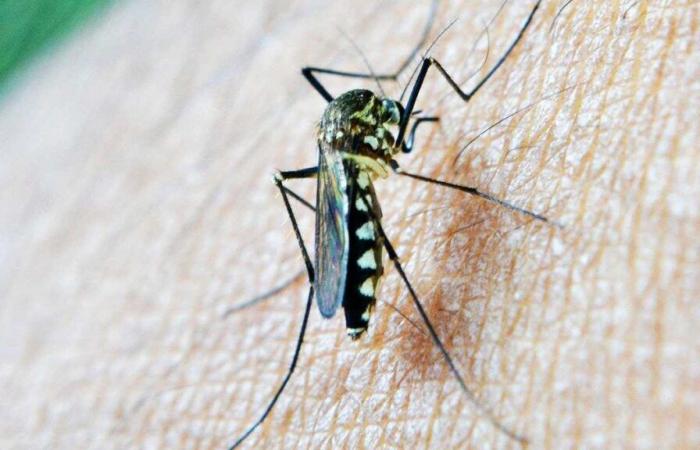Originally from Asia, Anopheles stephensi, the main vector of malaria in Indian and Iranian cities, is now a major public health issue in Africa.
Since its arrival in Djibouti in 2012, this urban mosquito has caused a surge in malaria cases, calling into question decades of progress against this disease.
A spread facilitated by urbanization
In 2012, Djibouti had only 27 cases of malaria thanks to effective prevention and treatment campaigns. However, the introduction of Anopheles stephensi reversed this trend, reaching over 70,000 cases in 2020. The situation is similar in Ethiopia, where cases jumped from 4.1 million in 2023 to 7.3 million in 2024 , according to the WHO.
Unlike rural mosquitoes, Anopheles stephensi thrives in urban environments. Its breeding grounds include water tanks, gutters, and air conditioning equipment, environments typical of densely populated areas. Its resistance to insecticides and its tendency to bite early in the evening make mosquito nets, until then the most effective tool against malaria, much less effective.
According to a 2020 study, this mosquito could expose 126 million African urban dwellers to malaria. Cities like Mombasa (Kenya) and Khartoum (Sudan) are particularly vulnerable. Even Egypt, recently declared malaria-free, could see this status threatened if the mosquito arrives.
A multi-faceted health challenge
In addition to the rapid spread of Anopheles stephensi, Africa faces other malaria threats, including growing resistance to treatment in Uganda, Rwanda, Tanzania and Eritrea. Additionally, a new variant of the disease is evading traditional diagnoses.
Meera Venkatesan, an official at USAID, warned that this situation could accelerate the emergence of additional threats, such as the spread of more resistant variants. Faced with these challenges, the WHO is working to develop a continental approach, while African scientists are calling for increasing political will and more funding for research and prevention.
An urgent and collective struggle
To contain the threat of Anopheles stephensi, African governments must strengthen regional coordination and invest in public awareness. Recommended measures include covering water reservoirs and intensifying research to better understand the behavior of this mosquito.
While Africa already accounts for 95% of global malaria cases in 2022, the fight against this disease requires concerted and urgent action. The challenge posed by Anopheles stephensi could become a turning point in the war against malaria on the continent.






